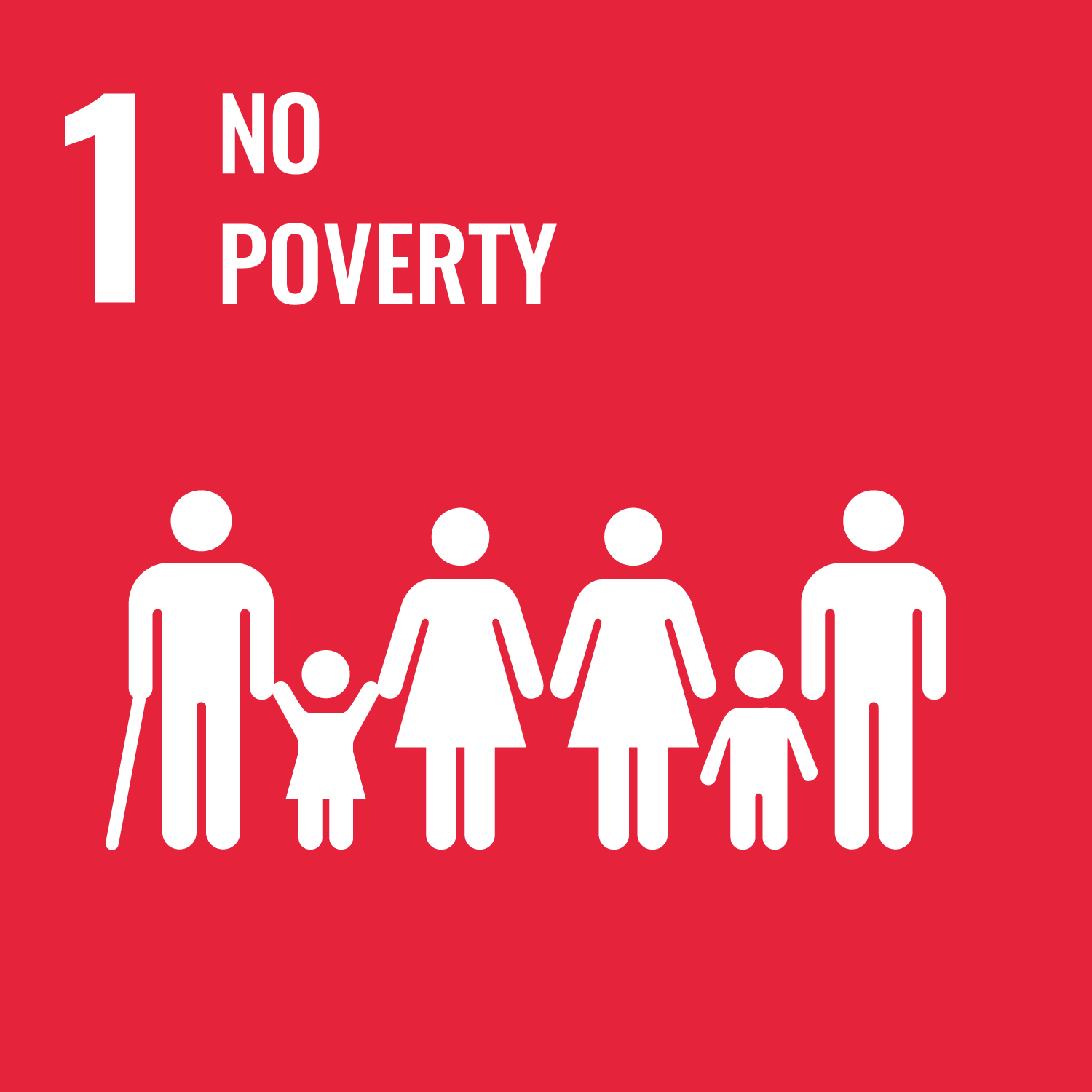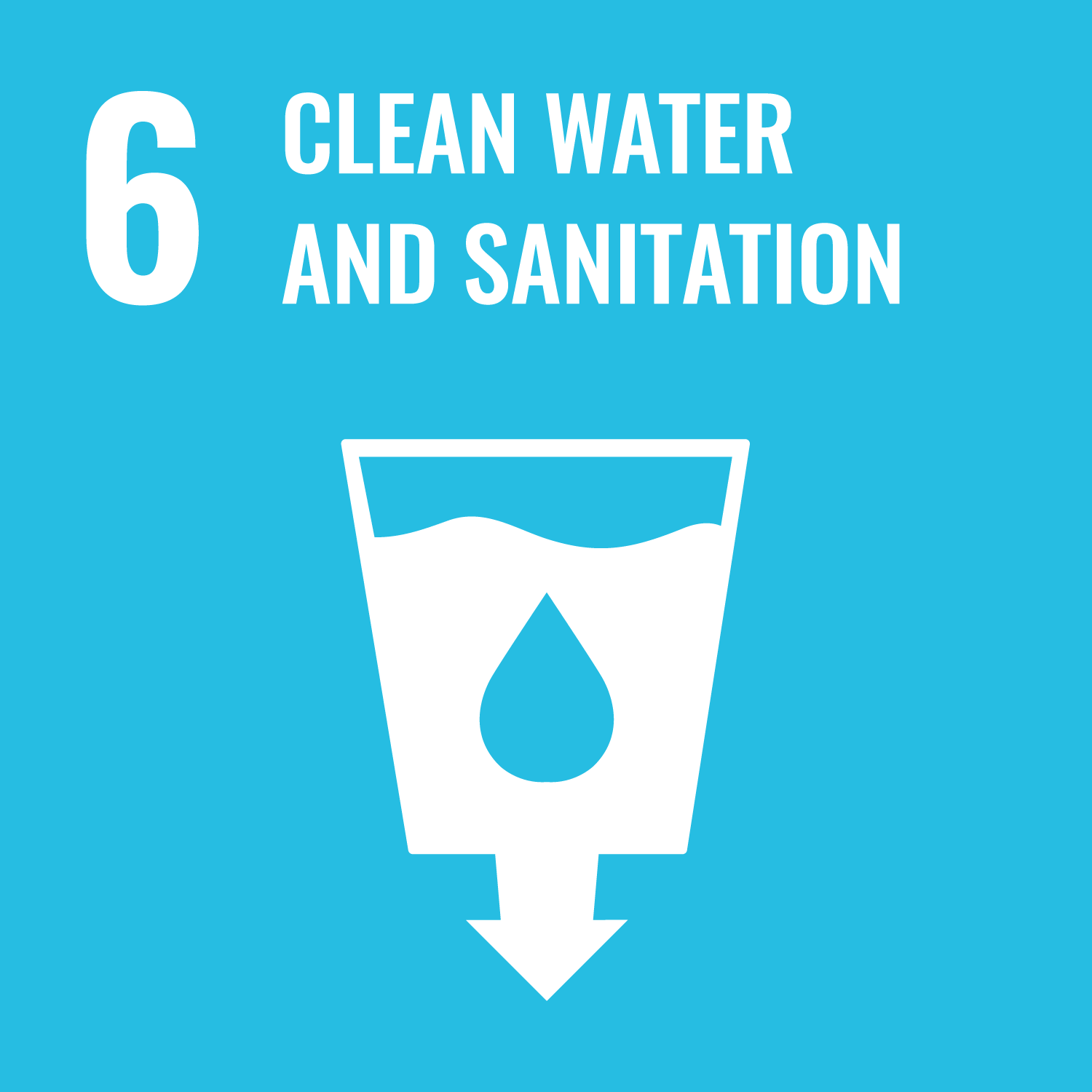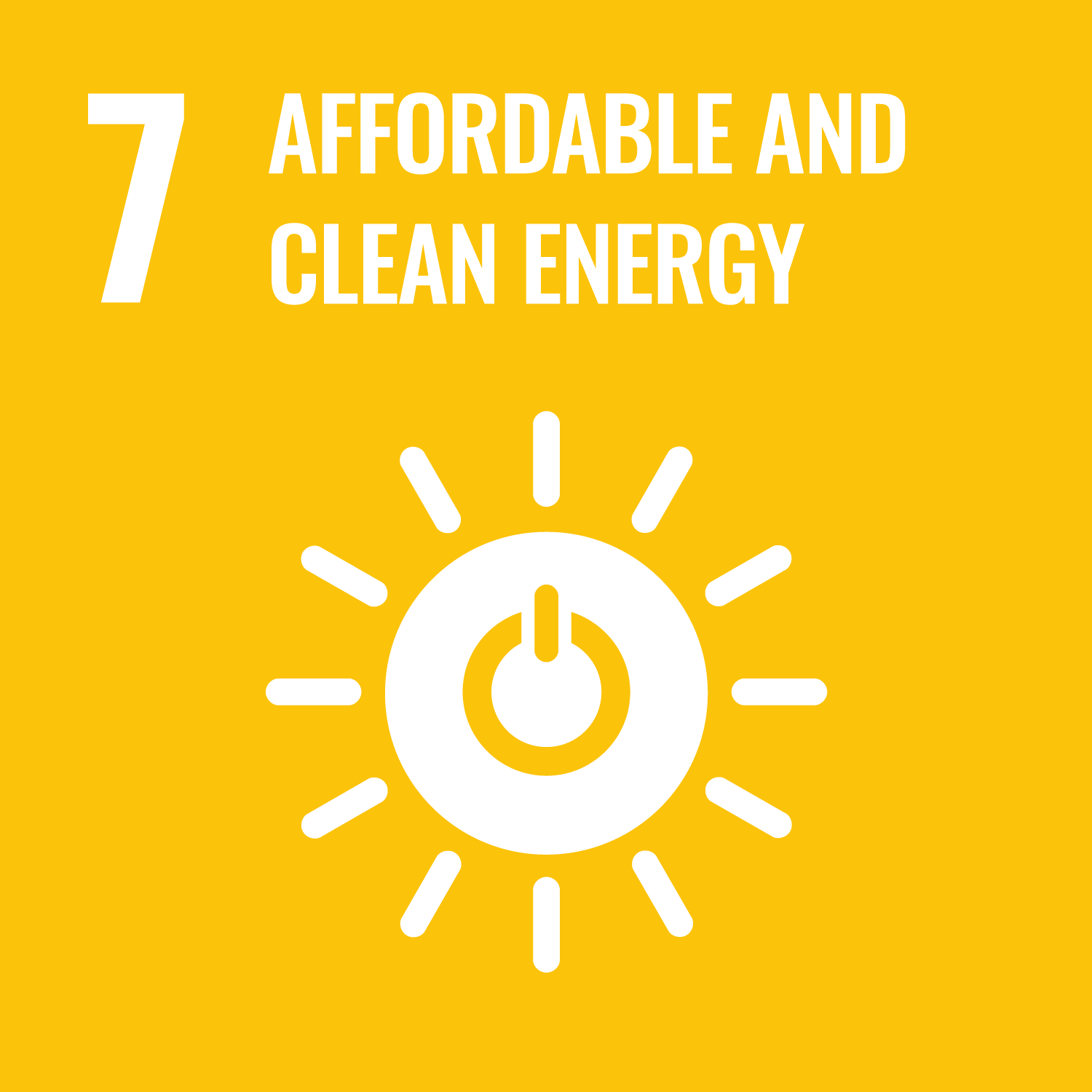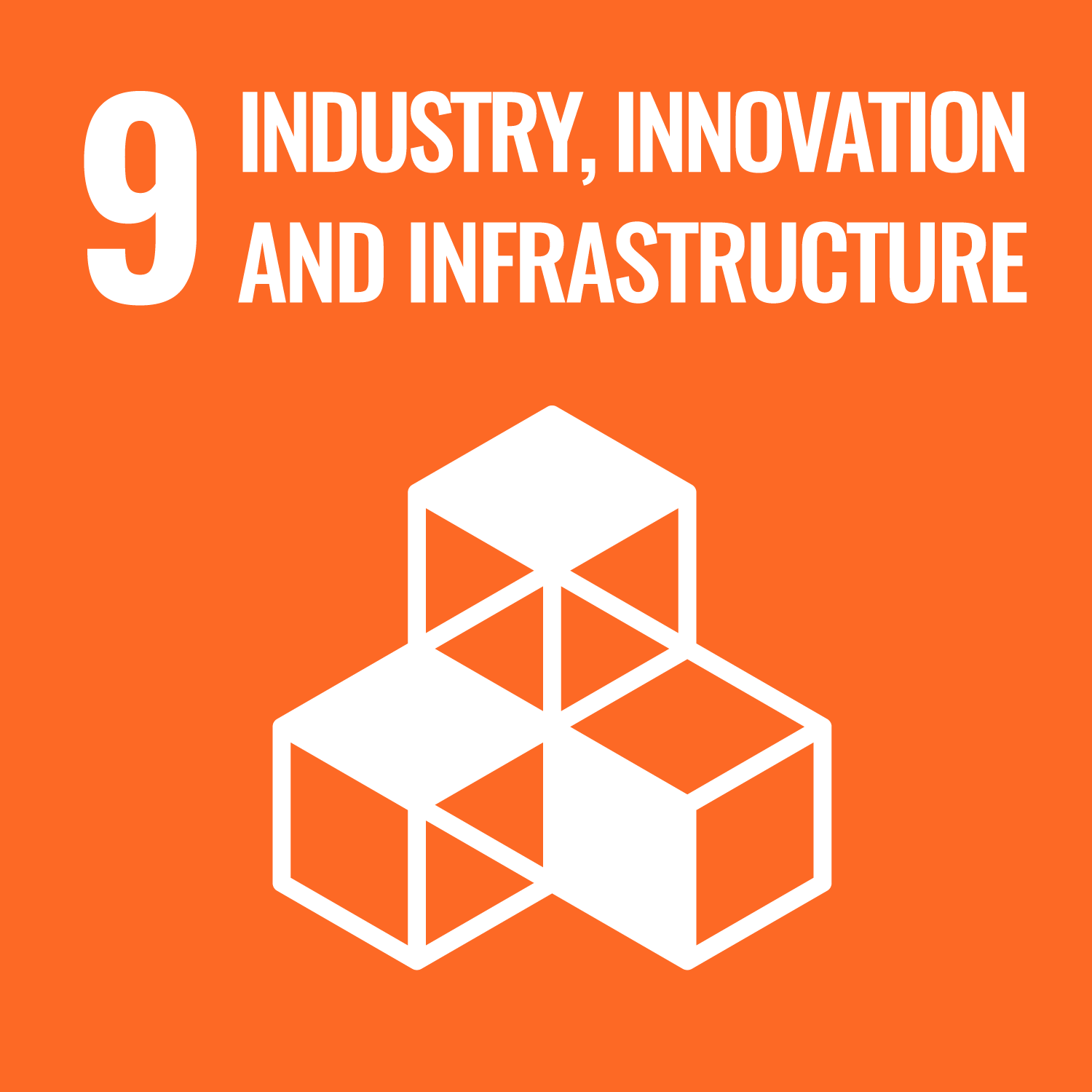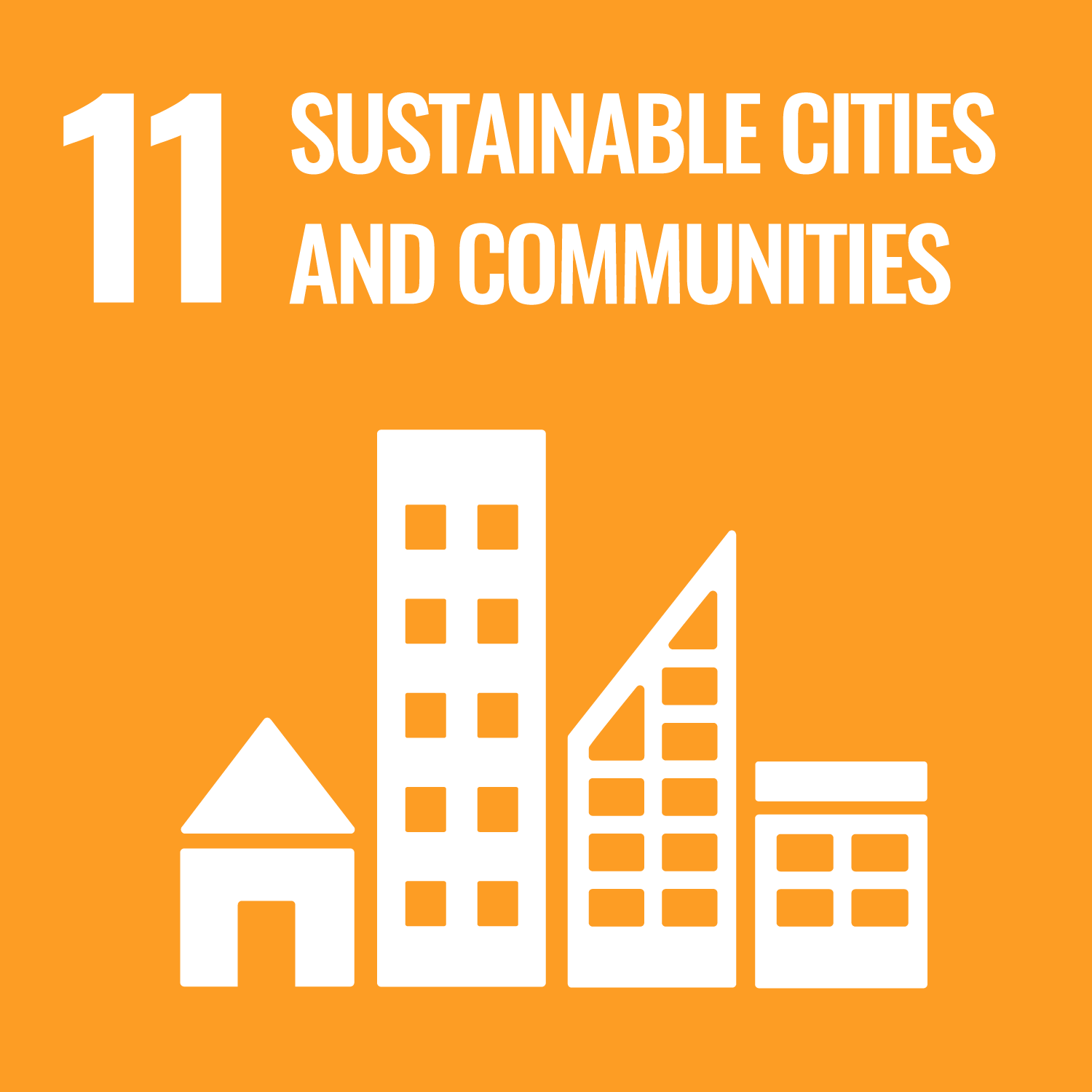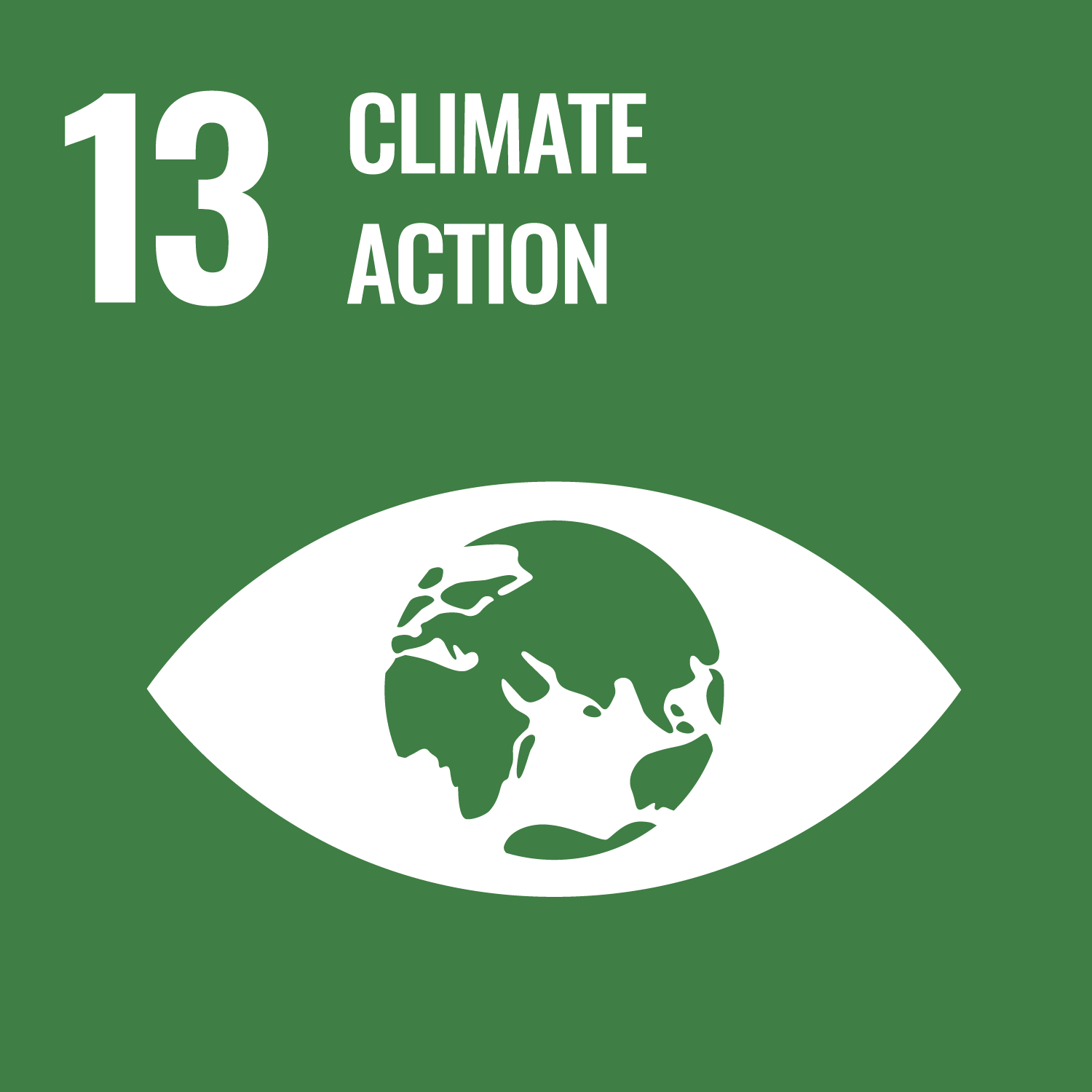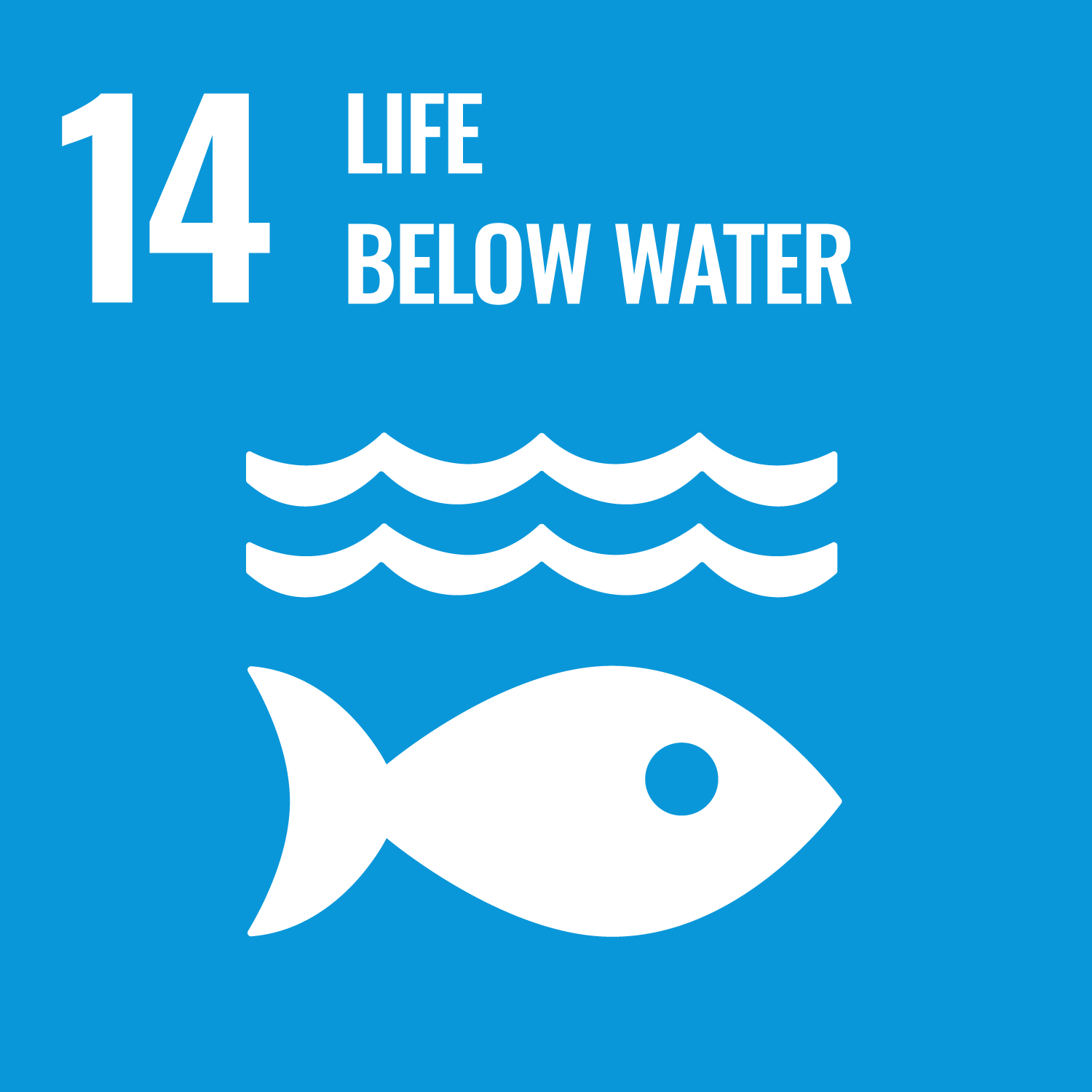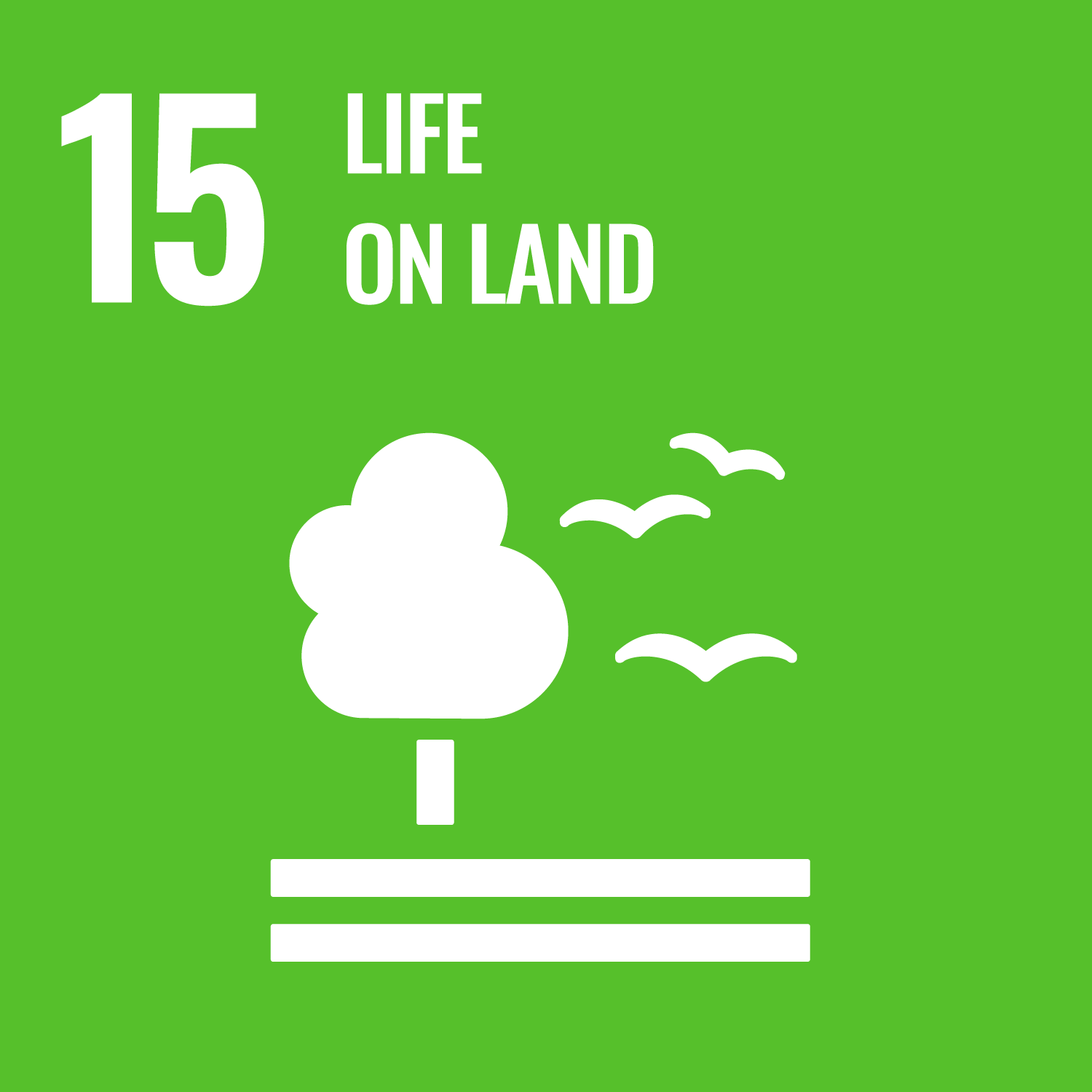Approach to Practical Application of Video Calling System Using Home Television-Practicing Online Communication and Interactive Recreation for Elderly People in Need of Care.
Faculty of Medicine
School of Health Sciences
Department of Occupational Therapy
Basic Occupational Therapy
Assistant Professor
YOSHIMITSU Koji
Background and objectives of activities
●Elderly people with dementia are generally vulnerable to Information Technology and they are unable to communicate with family members.
In the current age of communication using digital devices, it is necessary to work on bridging the digital divide (information gap).
●The spread of the new Coronavirus has left many elderly people without access to care services or even the opportunity to meet with family members. In preparation for an another infectious disease contingency, a system should be established that enables online visiting, safety confirmation, health management, and daily life monitoring.
●About 60% of households with elderly people are composed of elderly couples and one-person households, and this percentage is increasing year by year. We must take measures to ensure that the elderly are not isolated from society and do not die alone.
Summary of Activities
We are working with companies, professional associations, and facilities to develop nursing care robots for homebound elderly people with dementia who need some kind of support and for those who will need it in the future. In cooperation with the Kagoshima Prefectural Council of Social Welfare, we have set up a center for consultation and are working to promote the use of nursing care robots. Currently, in order to support the safe and secure home life of the elderly, the company is developing an application that enables easy monitoring with a single tap on the screen of a smartphone or tablet, and a video communication system that enables video calls between the elderly and caregivers by simply connecting to a home television set.
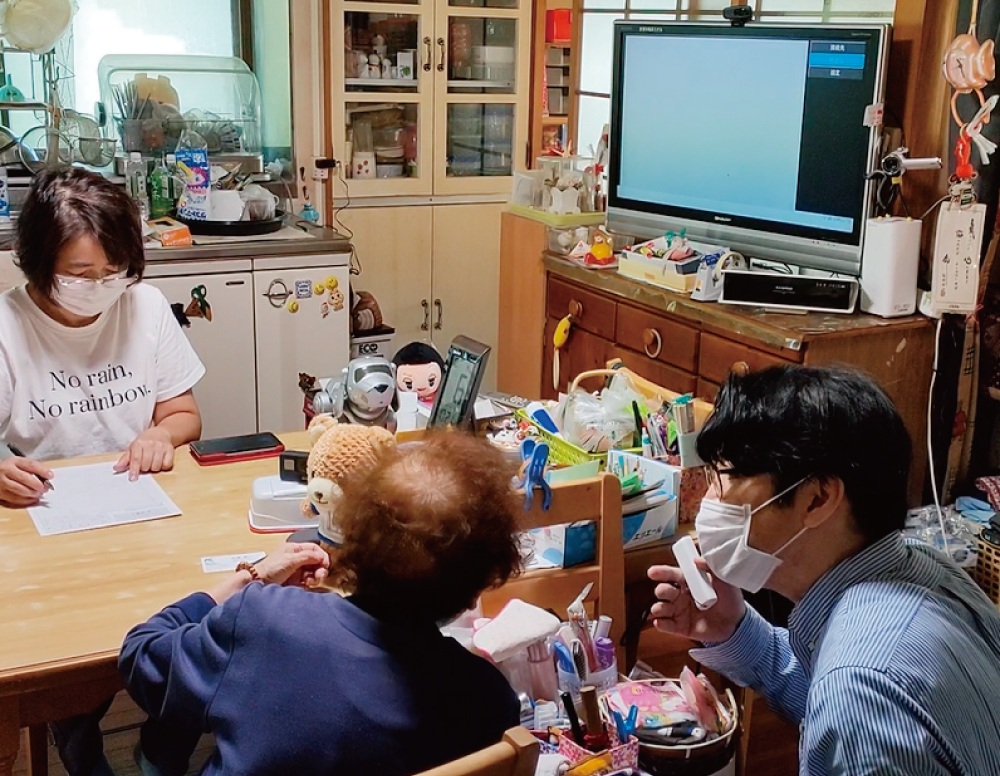
Expected Benefits
A video calling application and video calling system are expected to be commercialized by the end of Fiscal Year 2021. Once implemented in society, the digital divide for elderly people with dementia will be reduced, and they will be able to communicate easily with family members and care professionals. Even in the event of an infectious disease or disaster, video calls will enable stable and continuous monitoring of the home life of elderly people with dementia. In addition, the video calls will enable the elderly to see their children and grandchildren, and more intimate communication can be expected compared to telephone calls, leading to the alleviation of isolation and loneliness.
